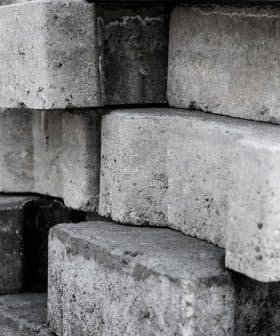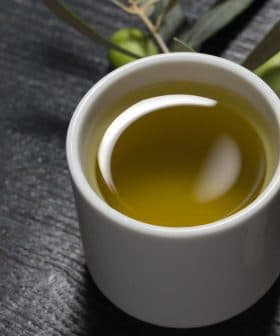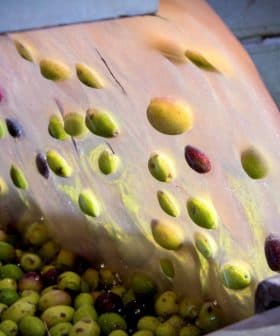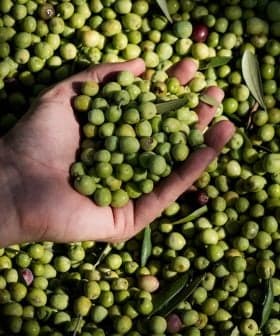Researchers Show How Crushing Speed Affects Yield and Quality
Quality parameters were unaltered by crushing speed, but extraction efficiency and chlorophylls content increased with faster hammer mill rotor speed in a continuous industrial process.
Researchers studied how changing the hammer mill rotor speed affects the quality and extraction efficiency of olive oil from super-high-density Arbosana olives, finding that while quality parameters remained unchanged, extraction efficiency and certain compounds like phenols increased with faster rotor speed. The study, to be published in Food Chemistry, highlights the potential for producers to improve yield and quality of extra virgin olive oil by adjusting the hammer mill speed in an industrial setting.
Researchers have analyzed how modifying the hammer mill rotor speed affects the extraction efficiency, quality, phenolics, volatiles and sensory profile of olive oils from super-high-density planted Arbosana olives processed in an industrial facility.
The study, Impact of industrial hammer mill rotor speed on extraction efficiency and quality of extra virgin olive oil, will be published in the March 2018 journal Food Chemistry.
The team included Selina Wang and Juan Polari of the University of California at Davis; David Garcí-Aguirre of Corto Olive Co.; and Lucía Olmo-Garcia and Alegría Carrasco-Pancorbo of the University of Granada.
The results revealed that quality parameters such as free fatty acidity (FFA), peroxide value (PV), UV absorbances, diaclyglycerols (DAGs) and Pyropheophytins (PPP) were unaltered by crushing speed, but extraction efficiency and chlorophylls content increased linearly with faster hammer mill rotor speed in a continuous industrial process.
Quantitative values of total phenols and some individual phenolic compounds, such as 3,4‑DHPEA-EDA and p‑HPEA-EDA, increased with rotor speed. Similarly, the level of triterpenic compounds, such as oleanolic acid and maslinic, increased significantly when higher crushing speeds were applied.
“This is not only the first study on the effect of hammer mill speed in the industrial scale olive oil processing facility but the first peer-reviewed article on olive oil processing published from a U.S. institution,” said Wang. “It also showcased the collaboration between academia and industry” to identify a relatively minor production adjustment that producers can employ to improve yield along with certain aspects ofextra virgin olive oil quality.
When asked why the hammer speed led to higher phenol levels in the research, Wang said her team hypothesized that “the escalated cutting action on the olive fruit potentially released more phenolic compounds resulting in higher levels in the oil by decreasing the oil droplets diameter, augmenting the oil/water emulsion interphase area and facilitating the mass transfer of phenols to the lipid phase after the action of β‑glucosidase.”
Higher levels of phenolic compounds would increase the shelf life of an oil and lead to greater health benefits to consumers.









